COMPANY NEWS
Essex Bio-Technology and Antikor Biopharma Forge Strategic Alliance in FDC for Cancer Treatment
2019.08.02
Download
Hong Kong, 2 August 2019
Essex Bio-Technology Limited (“EssexBio” or the “Group” or the “Company”, Stock code: 1061) is pleased to announce that Essex Bio-Investment, a wholly-owned subsidiary of the Group, and Antikor Biopharma Ltd. (“Antikor”) , a UK-based biotechnology company specialising in the discovery and development of miniaturised antibody drug conjugates (ADCs) known as (fragment) FDCs, has entered into the Subscription and Shareholders Deed, to further the strategic co-operation between the Group and Antikor.
Pursuant to the Subscription and Shareholders Deed, Essex Bio-Investment conditionally agreed to subscribe for the Subscription Shares at the aggregate consideration of up to US$3,100,000 (equivalent to approximately HK$24,222,000) by way of up to five tranches. Assuming all five tranches of the Subscription Shares are fully subscribed by Essex Bio-Investment, the Subscription Shares will represent approximately 40.12% of the enlarged total issued share capital of Antikor on a fully diluted basis. It is noted that each tranche of the Subscription is subject to the meeting of specified milestones in respect of certain scientific researches by Antikor to the satisfaction of Essex Bio-Investment.
Among the other conditions to completion of the respective tranches of the Subscription, the first tranche of the Subscription is conditional upon completion of the Acquisition Agreement, in which Essex Bio-Investment proposed with the respective registered holders of the Sales Loan Notes for acquiring the Sales Loan Notes at approximately GBP307,900 (equivalent to approximately HK$2,988,000), enabling the Group to be interested in additional approximately 4.67% of the enlarged total issued share capital of Antikor on a fully diluted basis, and the IP License Agreement, pursuant to which Antikor will grant to Essex Bio-Investment an exclusive licence with respect to the specified patent and technology, and the known-how in relation thereto and/or in connection therewith.
“We are excited to have established a strong alliance with Antikor”, said Malcolm Ngiam, President of Essex Bio-Investment, “Fragment Drug Conjugate is an innovative approach with the potential to overcome many of the challenges faced by current treatment methods. The research and commercial partnership with Antikor is an important step towards developing first-in-class treatment for cancer.”
This strong alliance with Antikor, a pioneer and innovator in ADC/FDC would enrich the Group’s research pipeline, especially in Oncology. The access to Antikor’s novel technology platform, enhances the Group’s experience in development, manufacturing and commercialisation of biologics, aligned with the Group’s long-term research and commercial strategy.
Mahendra Deonarain, Antikor’s CEO and visiting Reader in Antibody Technology at Imperial College London where Antikor has its roots, commented: “We believe we have a platform that is tailored to make an impact in an area of major unmet medical need, and with EssexBio’s considerable commercial and clinical expertise, we now have the opportunity for translating the promised advantages of Antikor’s proprietary products into clinical benefit”.
About Fragment Antibody Drug Conjugates (FDCs)
Antibody Fragment-Drug Conjugates (FDCs, also called immuno-conjugates) combine the pharmacological potency of highly cytotoxic drugs with the high specificity of an antibody against tumour-associated targets. FDCs comprise much smaller antibody fragments (single-chain scFvs) than ‘whole’ antibody drug conjugates (ADCs). FDCs are relatively easy to discover and can be bioengineered for multiple drug-molecule conjugation, leading to far higher loadings on a small fragment than has so far been achieved with whole mAbs. FDCs demonstrate superior tumour penetration and rapid elimination from normal tissues, without running the risk of problems with product manufacturing or stability.1 As a next-generation cancer therapy that can overcome the many limitations of existing treatment options, FDCs have exciting market potential, with predicted sales of drug-conjugates of over $18 billion by 20222.
About Antikor
Antikor is developing Antibody Fragment Drug Conjugates (FDCs). Its lead product (ANT043), an anti-HER2 FDC for multiple solid tumours, demonstrated more rapid and complete tumour regression compared with a trastuzumab-based ADC in human gastric cancer pre-clinical models, whilst also being better tolerated. Furthermore, Antikor has proprietary single-chain Fv libraries optimised for FDC discovery, and linker-payload expertise (tailored to work optimally with antibody fragments), enabling efficient and effective FDC discovery and development for oncology and beyond. Antikor has received numerous Innovate-UK grant awards for product and technology development and regularly presents at major international conferences. Antikor is based in the Stevenage Bioscience Catalyst Innovation Park just north of London.
1.Antikor's official website,www.antikor.co.uk
2.Research & Markets Report, Feb2017
Essex Bio-Technology Limited (“EssexBio” or the “Group” or the “Company”, Stock code: 1061) is pleased to announce that Essex Bio-Investment, a wholly-owned subsidiary of the Group, and Antikor Biopharma Ltd. (“Antikor”) , a UK-based biotechnology company specialising in the discovery and development of miniaturised antibody drug conjugates (ADCs) known as (fragment) FDCs, has entered into the Subscription and Shareholders Deed, to further the strategic co-operation between the Group and Antikor.
Pursuant to the Subscription and Shareholders Deed, Essex Bio-Investment conditionally agreed to subscribe for the Subscription Shares at the aggregate consideration of up to US$3,100,000 (equivalent to approximately HK$24,222,000) by way of up to five tranches. Assuming all five tranches of the Subscription Shares are fully subscribed by Essex Bio-Investment, the Subscription Shares will represent approximately 40.12% of the enlarged total issued share capital of Antikor on a fully diluted basis. It is noted that each tranche of the Subscription is subject to the meeting of specified milestones in respect of certain scientific researches by Antikor to the satisfaction of Essex Bio-Investment.
Among the other conditions to completion of the respective tranches of the Subscription, the first tranche of the Subscription is conditional upon completion of the Acquisition Agreement, in which Essex Bio-Investment proposed with the respective registered holders of the Sales Loan Notes for acquiring the Sales Loan Notes at approximately GBP307,900 (equivalent to approximately HK$2,988,000), enabling the Group to be interested in additional approximately 4.67% of the enlarged total issued share capital of Antikor on a fully diluted basis, and the IP License Agreement, pursuant to which Antikor will grant to Essex Bio-Investment an exclusive licence with respect to the specified patent and technology, and the known-how in relation thereto and/or in connection therewith.
“We are excited to have established a strong alliance with Antikor”, said Malcolm Ngiam, President of Essex Bio-Investment, “Fragment Drug Conjugate is an innovative approach with the potential to overcome many of the challenges faced by current treatment methods. The research and commercial partnership with Antikor is an important step towards developing first-in-class treatment for cancer.”
This strong alliance with Antikor, a pioneer and innovator in ADC/FDC would enrich the Group’s research pipeline, especially in Oncology. The access to Antikor’s novel technology platform, enhances the Group’s experience in development, manufacturing and commercialisation of biologics, aligned with the Group’s long-term research and commercial strategy.
Mahendra Deonarain, Antikor’s CEO and visiting Reader in Antibody Technology at Imperial College London where Antikor has its roots, commented: “We believe we have a platform that is tailored to make an impact in an area of major unmet medical need, and with EssexBio’s considerable commercial and clinical expertise, we now have the opportunity for translating the promised advantages of Antikor’s proprietary products into clinical benefit”.
About Fragment Antibody Drug Conjugates (FDCs)
Antibody Fragment-Drug Conjugates (FDCs, also called immuno-conjugates) combine the pharmacological potency of highly cytotoxic drugs with the high specificity of an antibody against tumour-associated targets. FDCs comprise much smaller antibody fragments (single-chain scFvs) than ‘whole’ antibody drug conjugates (ADCs). FDCs are relatively easy to discover and can be bioengineered for multiple drug-molecule conjugation, leading to far higher loadings on a small fragment than has so far been achieved with whole mAbs. FDCs demonstrate superior tumour penetration and rapid elimination from normal tissues, without running the risk of problems with product manufacturing or stability.1 As a next-generation cancer therapy that can overcome the many limitations of existing treatment options, FDCs have exciting market potential, with predicted sales of drug-conjugates of over $18 billion by 20222.
About Antikor
Antikor is developing Antibody Fragment Drug Conjugates (FDCs). Its lead product (ANT043), an anti-HER2 FDC for multiple solid tumours, demonstrated more rapid and complete tumour regression compared with a trastuzumab-based ADC in human gastric cancer pre-clinical models, whilst also being better tolerated. Furthermore, Antikor has proprietary single-chain Fv libraries optimised for FDC discovery, and linker-payload expertise (tailored to work optimally with antibody fragments), enabling efficient and effective FDC discovery and development for oncology and beyond. Antikor has received numerous Innovate-UK grant awards for product and technology development and regularly presents at major international conferences. Antikor is based in the Stevenage Bioscience Catalyst Innovation Park just north of London.
1.Antikor's official website,www.antikor.co.uk
2.Research & Markets Report, Feb2017

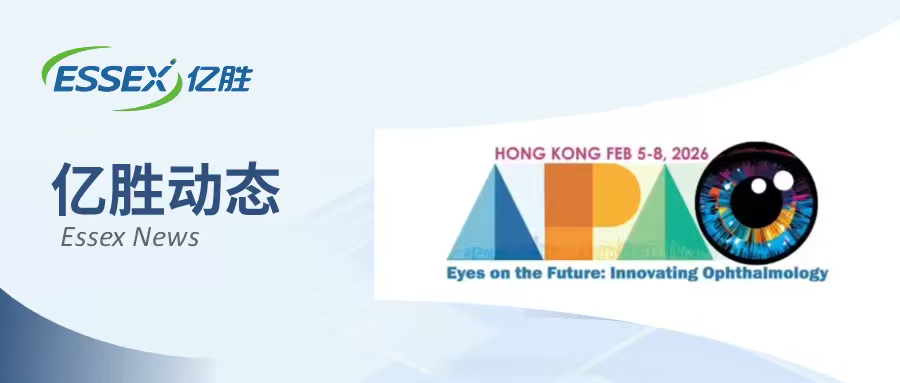



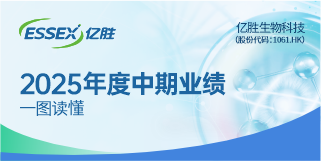
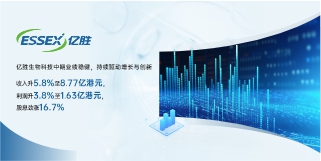
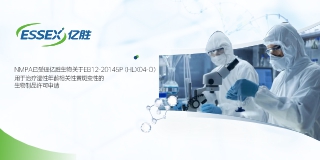
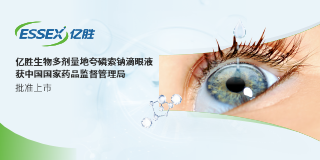
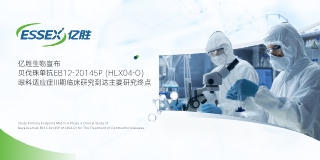
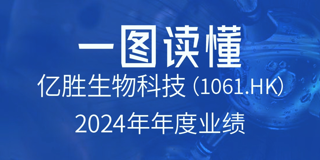
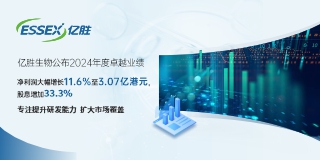
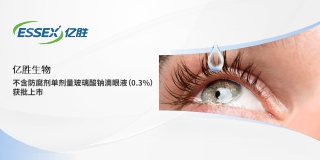
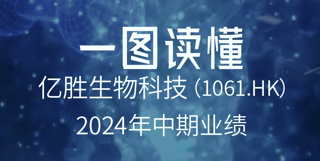
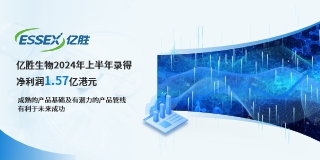

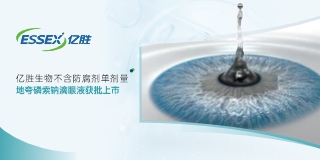
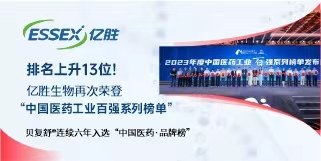

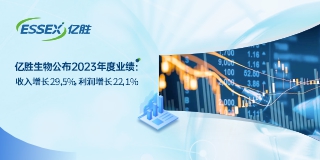

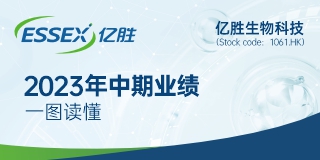

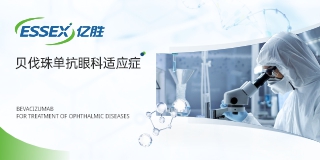


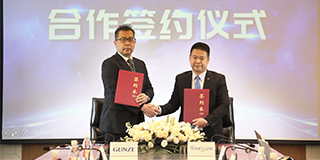

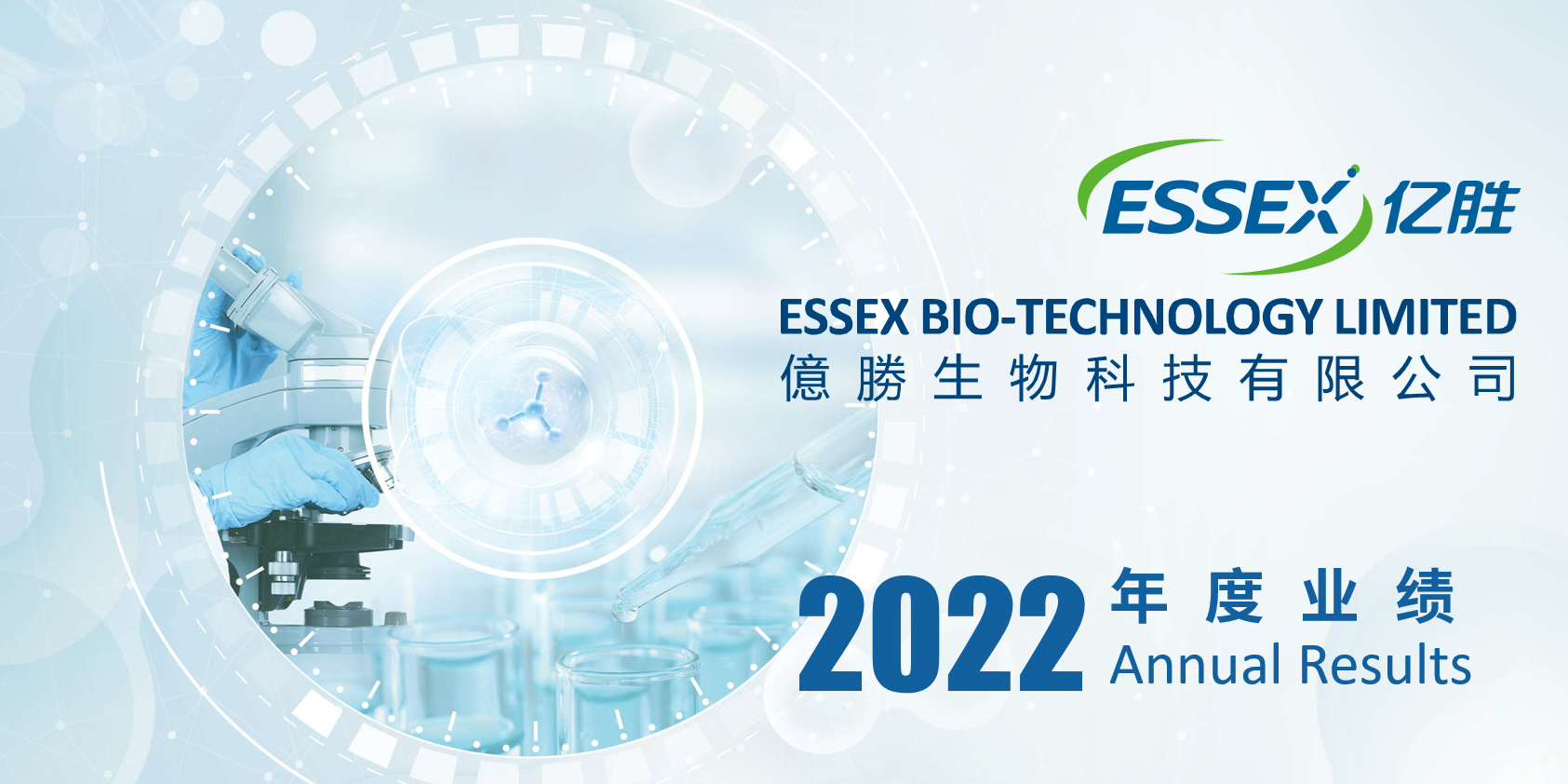


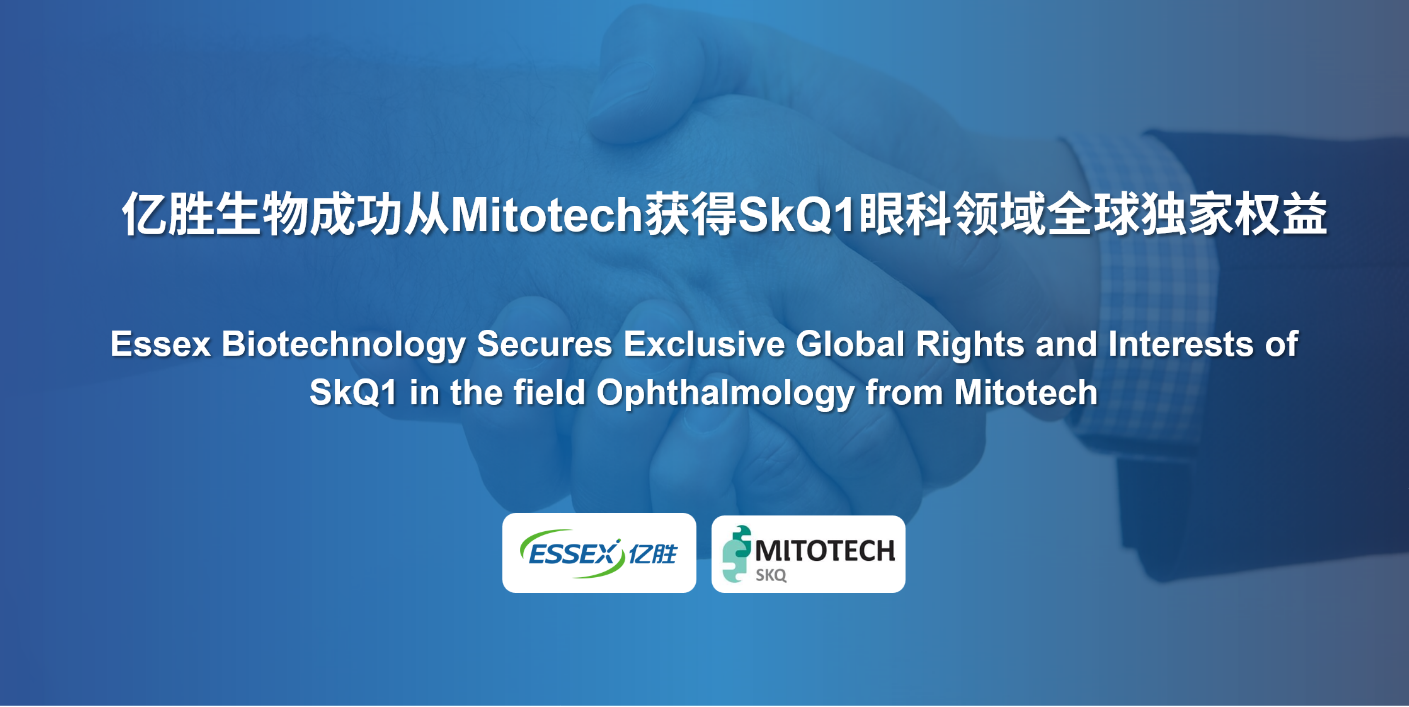




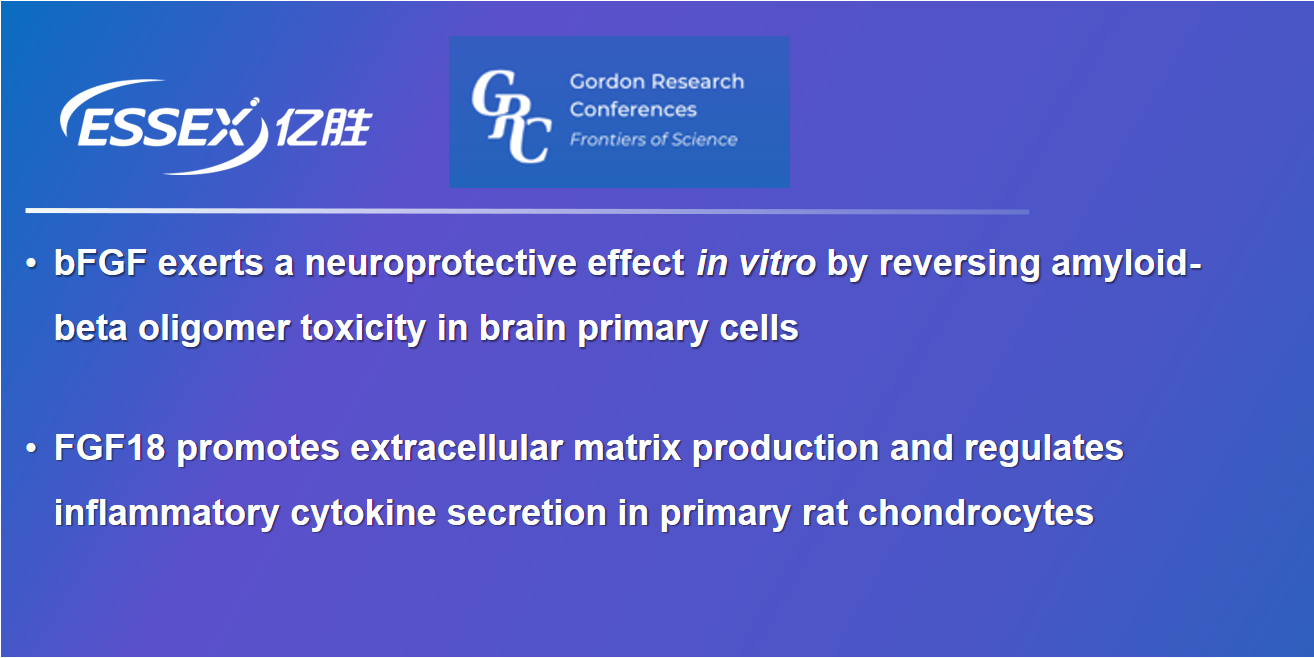








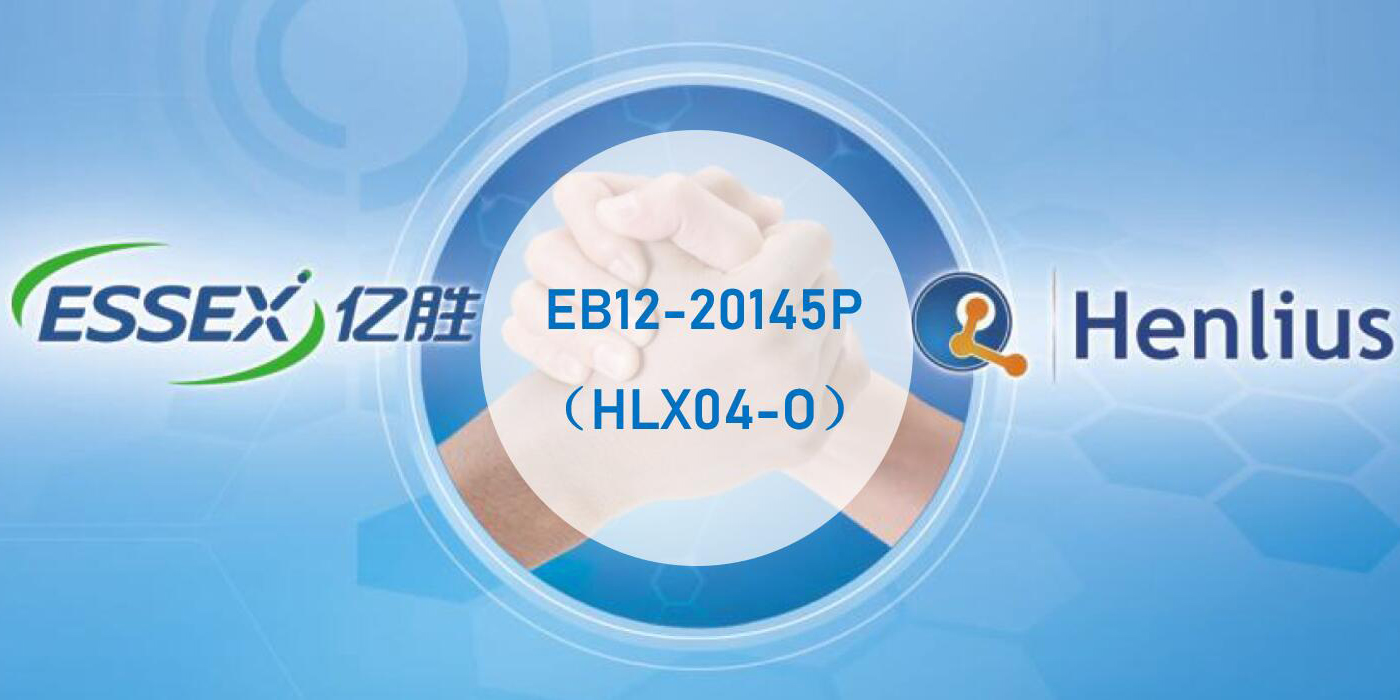

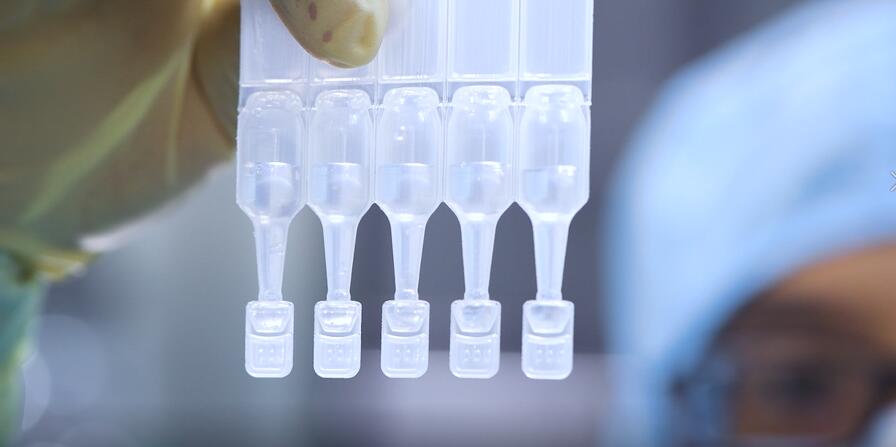

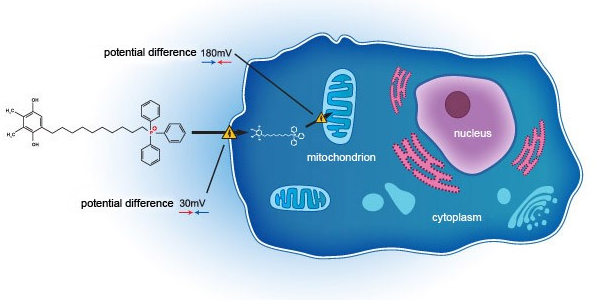




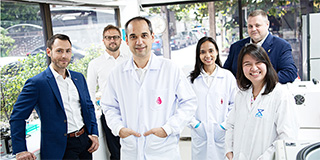

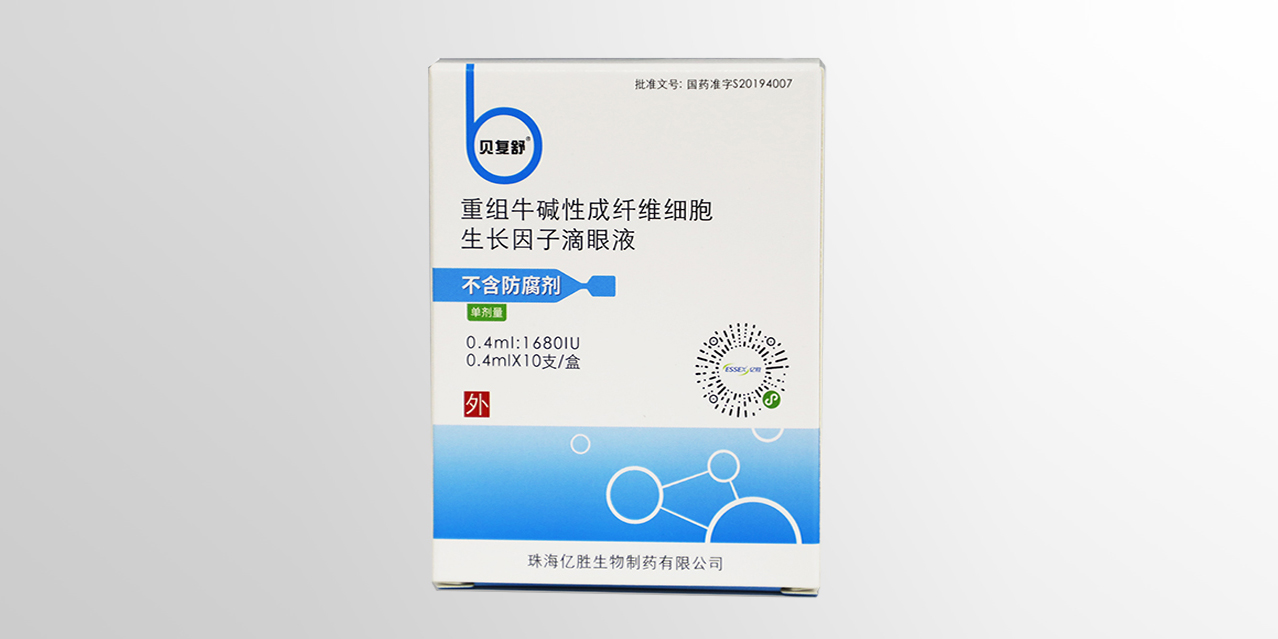

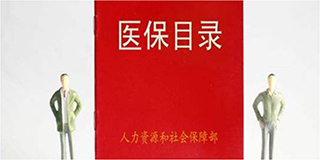

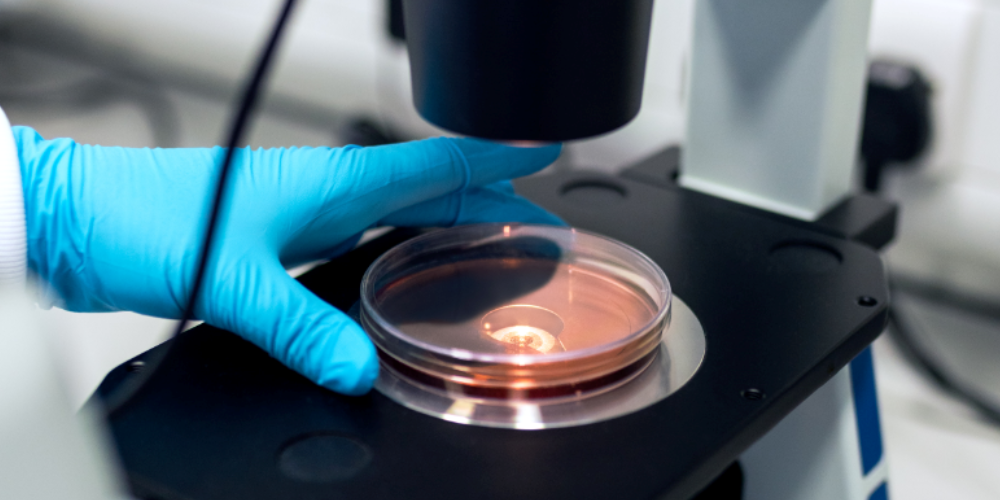
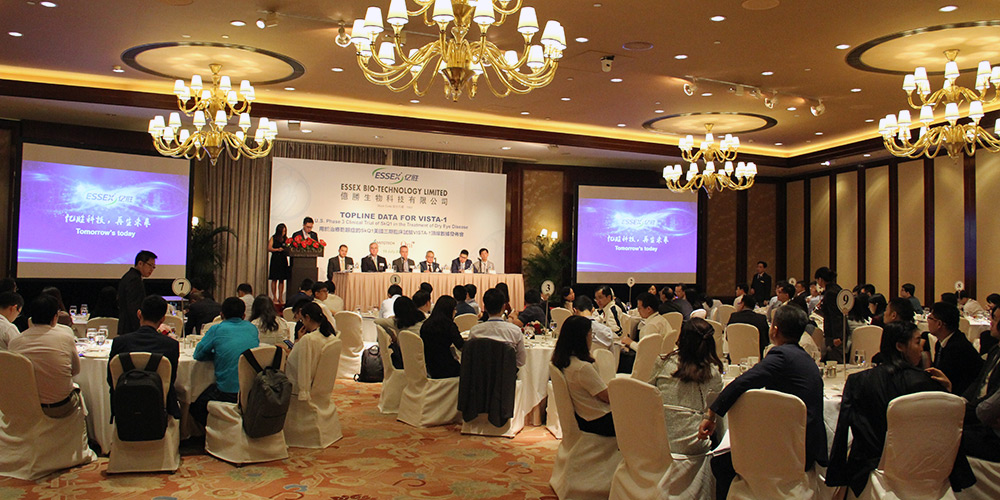


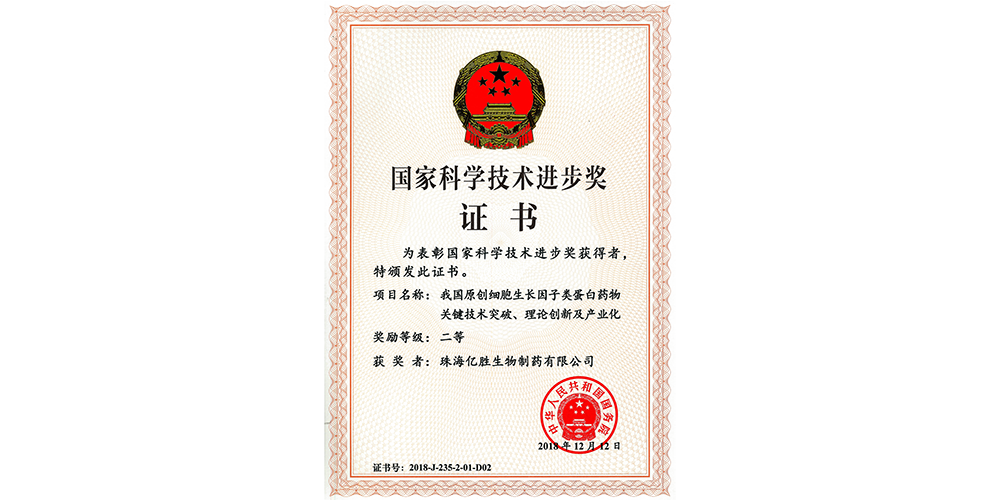

 粤公网安备 44049102496184号
粤公网安备 44049102496184号